Market Share
Recreation Management Software Market Share Analysis
The Recreation Management Software Market is influenced by several key factors that shape its growth and development. One of the primary drivers is the increasing awareness among organizations and institutions about the benefits of adopting technology for efficient recreation management. As recreational facilities, sports clubs, and community centers seek to streamline their operations, there is a growing demand for software solutions that can automate tasks, manage memberships, and enhance overall efficiency.
The rise of digital transformation across industries is another significant factor driving the Recreation Management Software Market. With the integration of smart technologies and the Internet of Things (IoT), there is a heightened need for software that can facilitate seamless communication, data management, and analytics in recreational spaces. Recreation management software not only automates administrative tasks but also provides valuable insights through data analysis, enabling organizations to make informed decisions to enhance user experiences.
The changing consumer preferences and expectations also play a crucial role in shaping the market. Modern consumers expect convenient and user-friendly experiences, and recreation management software caters to this demand by offering online booking, mobile app integration, and self-service portals. The ability of these software solutions to provide a seamless and personalized experience contributes to their widespread adoption in the recreation industry.
Furthermore, the COVID-19 pandemic has accelerated the adoption of recreation management software. The need for contactless and remote solutions became imperative during lockdowns and social distancing measures. Recreation facilities turned to software that could manage bookings, registrations, and facility usage while adhering to health and safety guidelines. This shift in behavior has a lasting impact on the market, as organizations continue to prioritize digital solutions for a resilient and adaptable recreation management infrastructure.
Market competition and vendor dynamics are additional factors that influence the Recreation Management Software Market. The presence of established players, their product offerings, and strategic partnerships contribute to market trends. Companies often collaborate to enhance their software capabilities, integrate additional features, and expand their market reach. This collaborative approach fosters innovation and contributes to the overall growth of the recreation management software ecosystem.
Regulatory compliance is also a critical factor influencing the market. As data privacy concerns increase, recreation management software providers must adhere to stringent regulations to ensure the security of user information. Compliance with data protection laws and industry standards becomes a key consideration for organizations when selecting a recreation management software solution, influencing the market landscape.
Economic factors, such as budget constraints and funding availability, impact the adoption of recreation management software. Organizations may prioritize cost-effective solutions that offer a good return on investment, especially in times of economic uncertainty. The ability of software providers to offer flexible pricing models and demonstrate the long-term benefits of their solutions becomes crucial in such scenarios.


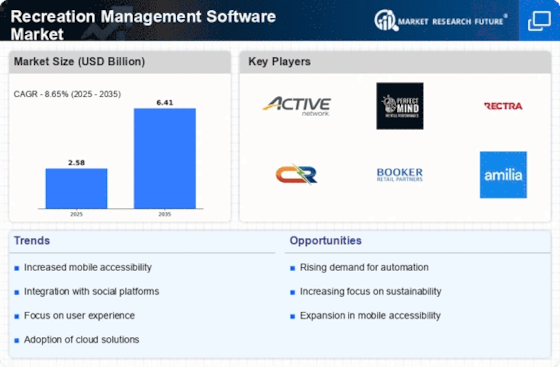


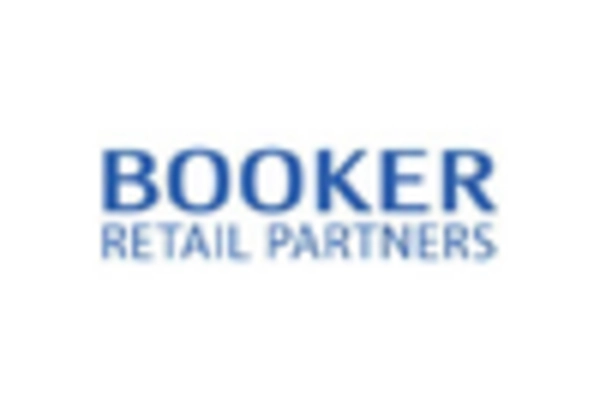
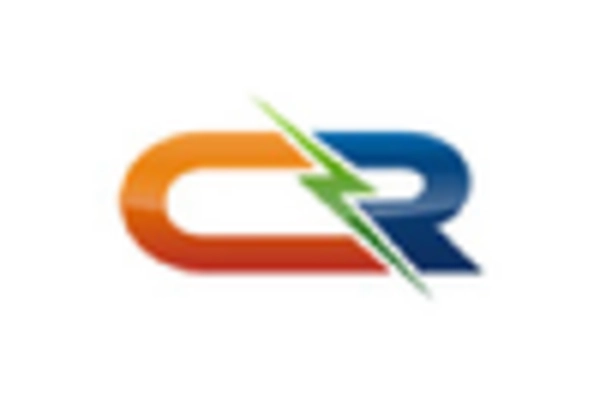
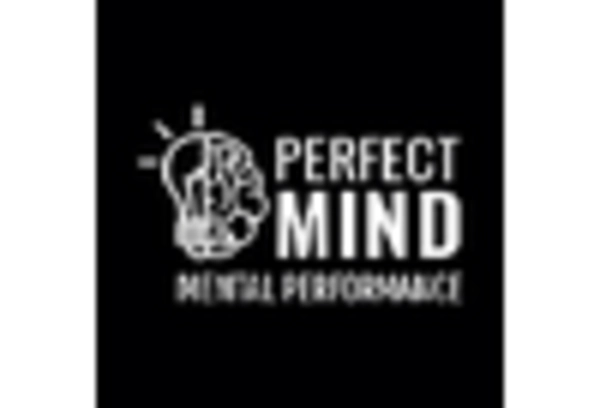
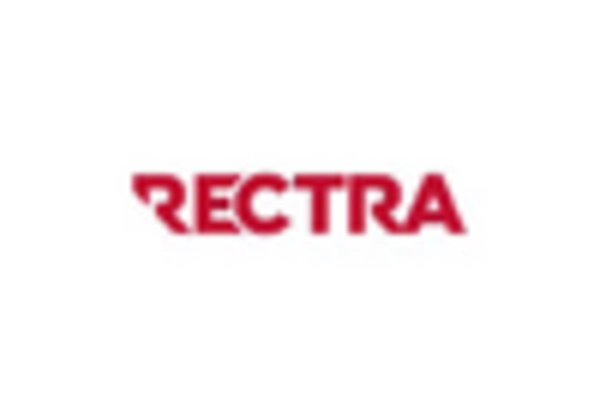









Leave a Comment